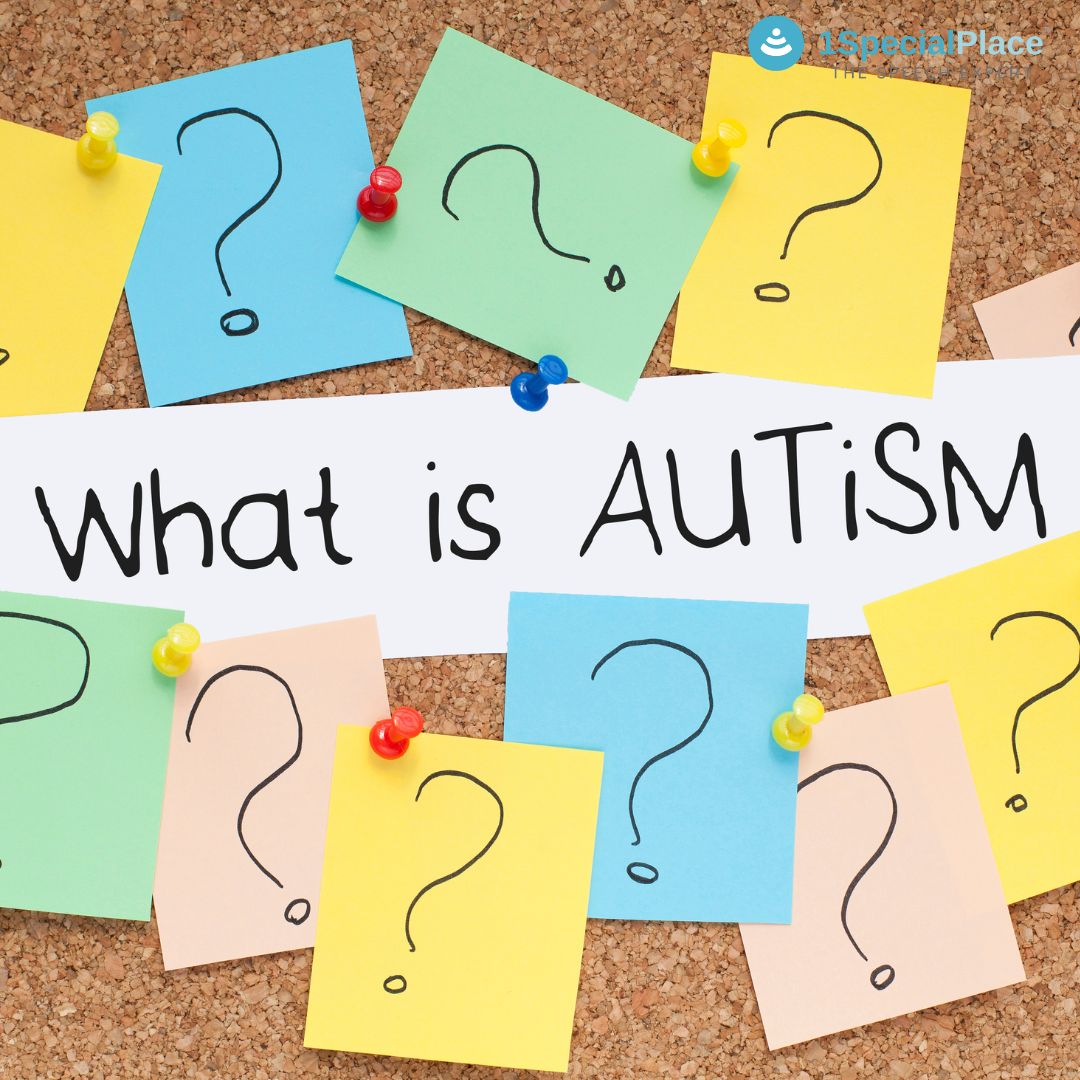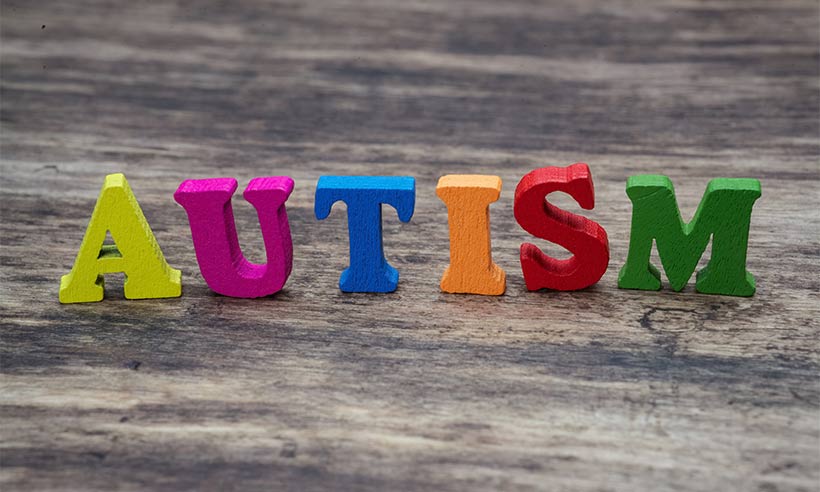
Autism Series II: 10 Tips to Help Deal with a New Diagnosis of Autism
How we can deal with a New diagnosis of autism?
If a child presents delays or change in areas of social skills, communication skills and behaviors, it becomes essential to screen the child for Autism. A diagnostic evaluation is warranted if the child shows significant ‘red flags’. Read the first article of our ‘autism series’ to know more about the red flags and screening process.
Once a child has been assessed by a doctor [(developmental) pediatrician or psychiatrist], and a confirmed diagnosis of autism has been given, one must move towards the next steps. Understandably, it is a very difficult time for the parents and family and moving ahead from a diagnosis may take some time. However, taking one step at a time and gearing to work towards intervention, is vital – especially during this stage.
Each family will have their own path to follow, and there is no single ‘correct’ way to take up the situation. However, suggestions to guide the thought-process is useful. A few pointers:
-
Talk to your physician.
Having met he diagnostic physician, it is important to continue to build a bond with him / her. You should feel comfortable to ask questions, as far as possible. Getting an understanding of the diagnosis, its prognosis.
-
Understand the diagnosis.
For many families, understanding the diagnosis is crucial in understanding their child or issues s/he faces. Getting a clear yet simple picture of the same from professionals is always wise. Be guided to the sites which you must visit while trying to read information off the internet.
However, there are families that need time before they delve into completely understanding the disorder. In the mean while – is it best to begin the look-out for possible intervention/s and centres for the same.
-
Understand the course of action.
Speaking to your diagnostic physician about this is a good option. An experiences clinician or therapist can discuss the same too. While thinking about the course of action, importance should initially be laid on the formative and basic steps. At times, families get overwhelmed by the diagnosis of autism and miss out on understanding these initial crucial steps.
-
Meet the right people.
This includes professionals working with children with ASD or autism – as well as other parents / families of kids with the same diagnosis. Seeking out support groups is another option. Building communication channels with them is vital. Communicate with families that are open to sharing their stories. These will not only give an insight to their (initial) struggles but more importantly to their success stories!
-
Begin as early as possible.
Early intervention – as the name suggestions – should be provided as soon as possible. This ensures the child can get the much needed boost early on. Intervention may also be provided, in cases wherein the diagnostic physician strongly suspects the disorder but is unable to diagnose it till further time.
-
Locate therapists for early intervention.
Finding a centre or therapists that can assist your child’s early intervention is crucial. As you may be aware, a team of therapists should, ideally, work with your child to build his / her overall skills. A detailed assessment of the child’s skills (by the therapist/s) defines which areas are important to work on and which areas need to be focused on initially. The need for individual and / or group therapy can be suggested based on the same.
-
Get the family involved.
Involving as many caregivers as possible is important. Especially when the therapy is intensive and needs to span through many activities through the day.
-
Look at the individual.
Despite the diagnosis of autism, it’s imperative to spend time with your child just playing silly games – such as tickling or peek a boo. These games ensure bonding with your child. This is as important as all the therapies. Remember, the diagnosis doesn’t make the child!
-
Always remember success stories.
Each child has his/ her own potential and will shine in time. You can read our articles titled ‘Spectrum of Hope’ to know of the journey by some parents and their kids. Read the articles about Appu ‘The Warrior’ and Siddhartha.
-
Take time out for ‘me’ time.
This is quite essential. As a primary caregiver timely breaks for ‘me time’ is equally important as the efforts put with the child. Giving breaks to the primary caregivers and other family member/s helps rejuvenate their energies as well as gives the needed time to reflect on the course of action.
Subscribe to continue reading this series on Autism. It will give you guidance and insight on – early intervention, therapy etc.
- What is speech therapy and what Speech Therapist Do? - December 22, 2022
- 5 Simple Ideas to Make Flashcards Fun - June 28, 2018
- Should I use ‘NO’ with my child? - June 24, 2018


Leave a Comment
(0 Comments)